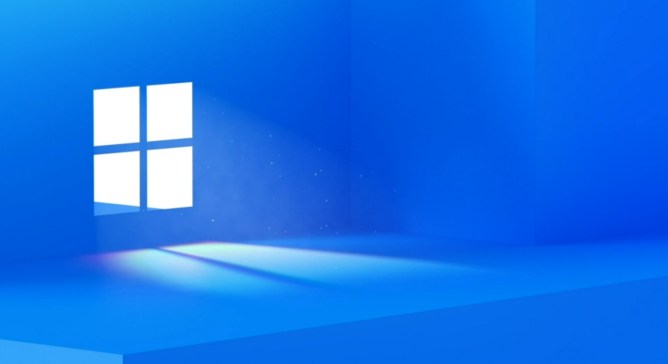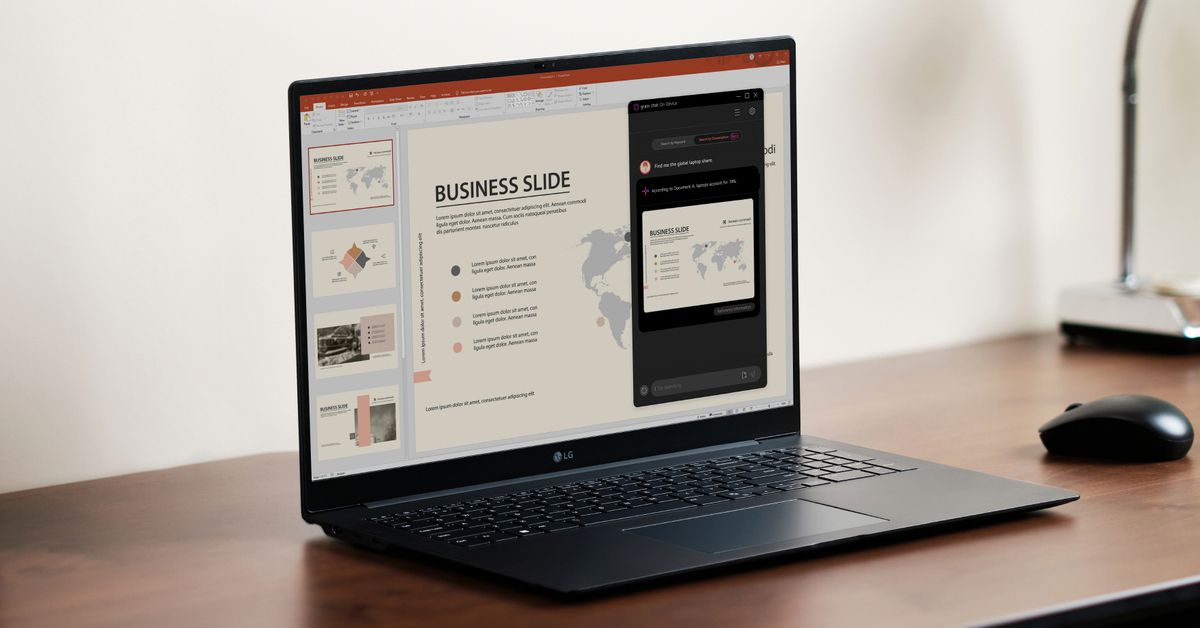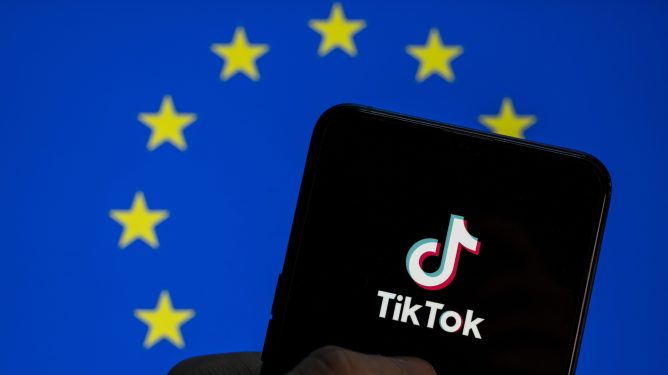In a significant development, Microsoft has announced that Windows 11 users will soon be able to take full advantage of passkeys, digital credentials that can be used as an authentication method for websites and apps. This expanded support marks a major milestone in the company’s efforts to promote a passwordless future.
What are Passkeys?
Passkeys are cross-platform, cross-ecosystem digital credentials that allow users to access websites and applications without the need for passwords. They work by using cryptographic key pairs to synchronize authentication across devices through the cloud. This means that users can sign in to websites and apps using the same biometrics or PINs they use to unlock their devices.
How Passkeys Work
When a user creates a passkey using Windows Hello, Windows’ biometric identity and access control feature, it is stored securely on their device or mobile phone. The passkey can then be used to access supported websites or apps without the need for passwords.
Benefits of Passkeys
Passkeys offer several benefits over traditional passwords:
- Improved Security: With passkeys, users’ authentication synchronizes across devices through the cloud using cryptographic key pairs, making it much more difficult for bad actors to access their accounts remotely.
- Convenience: Users can sign in to websites and apps using the same biometrics or PINs they use to unlock their devices, eliminating the need to remember multiple passwords.
- Password Fatigue: Passkeys reduce the burden of password management, as users no longer have to create and remember complex passwords.
Industry Adoption
Microsoft is not alone in its efforts to promote passkeys. Big Tech players such as Google and Apple have also begun to coalesce around passkey technology. In fact, a year ago, Microsoft, Google, and Apple together pledged to adopt the password-free sign-in standard from the FIDO Alliance and the World Wide Web Consortium.
Current Status
While support for passkeys is still expanding, several companies have already begun to implement this technology:
- Google: Android and Google Chrome now support passkeys.
- Apple: iOS gained passkey management tools in September.
- Dashlane: Was the first company to support storing passkeys in a web browser extension.
- NordPass: Brought passkey support to its users in February 2023.
Future Developments
As passkey technology continues to evolve, we can expect to see more widespread adoption across industries. In fact, several websites such as GitHub.com, PayPal, and DocuSign.com are already working with passkeys.
Conclusion
Windows 11 passkeys mark a significant step towards a passwordless future. By promoting the use of digital credentials that can be used as an authentication method for websites and apps, Microsoft is helping to improve security, convenience, and reduce password fatigue.
As more companies adopt this technology, we can expect to see even greater benefits in the years to come.
Related Articles
- Duolingo sees 216% spike in US users learning Chinese amid TikTok ban and move to RedNote: In related news, Duolingo has seen a significant increase in US users learning Chinese following the ban on TikTok.
- Tesla to split $100M award for electric truck charging corridor in Illinois: Tesla is set to receive a major boost from a government initiative aimed at promoting electric vehicle adoption.
Stay Up-to-Date with TechCrunch
To stay informed about the latest developments in technology, including AI, cybersecurity, and more, be sure to subscribe to our newsletters:
- TechCrunch Daily News: Get the best of TechCrunch’s coverage every weekday and Sunday.
- TechCrunch A I: Stay up-to-date on the latest news in artificial intelligence.
- TechCrunch Space: Learn about the latest advances in aerospace.
Contact Us
Have any questions or comments? Reach out to us at support@techcrunch.com.
Sources:
- Microsoft Blog Post: "Introducing Passkeys"
- Google Support: "Passkey Authentication"
- Apple Support: "Passkey Management"
Note: This article is a summary of the original content and has been rewritten to be more concise while maintaining its original meaning.



